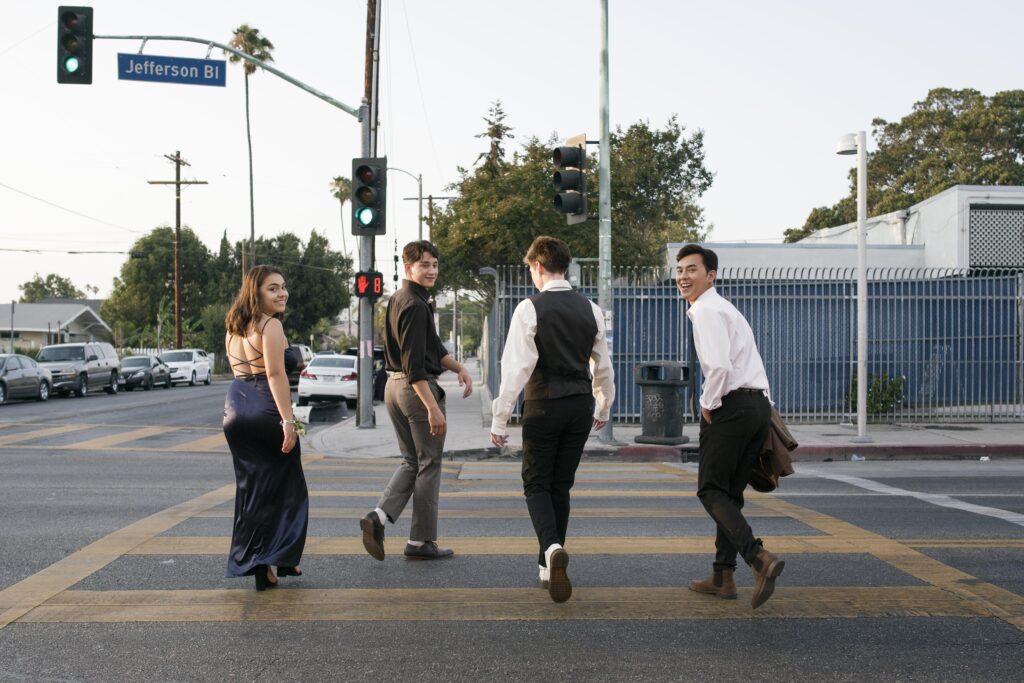Facing a felony charge is intimidating, especially when you’re not sure what each step in the legal process means for your future. One of the most important early milestones is the pretrial hearing. If you’re wondering what happens at a pretrial for a felony, this guide breaks it down in a way that’s practical, not overwhelming.
Understanding how this hearing works can help you make more informed decisions and know what to expect in the courtroom.
What Is a Pretrial Hearing?
A pretrial hearing is a formal meeting before trial where the court addresses issues that may affect how the case proceeds.
It’s not the trial itself and doesn’t determine guilt or innocence. Instead, it’s more of a procedural step that helps both sides, prosecution and defense, prepare for trial or reach a resolution beforehand.
If you’ve ever asked, what is a pretrial for a felony, think of it as a check-in point between arrest and trial, where both sides have the chance to work through evidence, raise legal motions, and explore alternatives to trial.
Purpose of a Felony Pretrial Hearing
The main goal of a pretrial hearing is to narrow down the issues and determine if the case should move forward to trial. In felony cases, these hearings can be especially critical because the stakes are so high.
At this stage, the court may:
- Evaluate the strength of the evidence
- Encourage settlement negotiations
- Rule on key motions
- Schedule future proceedings
The pretrial process ensures that both sides are prepared and that the trial, if it happens, will be focused and efficient.
What Happens at a Pretrial for a Felony?
A lot of important groundwork happens during this phase. While not every case will involve every one of these steps, most felony pretrial hearings include some combination of the following:
1. Discovery
Discovery is the formal exchange of evidence between the prosecution and defense. This can include police reports, witness statements, surveillance footage, forensic tests, and other material. Both sides have a legal obligation to share relevant evidence so no one is surprised at trial.
This process ensures fairness, and in many cases, what’s revealed during discovery can affect whether the case goes to trial or ends in a plea deal.
2. Settlement Agreements and Plea Deals
Many felony cases are resolved without a trial through plea bargains. At the pretrial hearing, both sides might discuss terms. A defendant may plead guilty to a lesser charge in exchange for a reduced sentence.
This option can benefit both parties, saving time, avoiding trial risks, and sometimes resulting in a lighter sentence than might be handed down after a conviction.
3. Motions
Motions are formal legal requests made to the judge. These might include:
- Motion to suppress evidence (for example, if evidence was obtained illegally)
- Motion to dismiss the case (if there’s insufficient evidence)
- Motion to change venue (to move the trial to a different location)
Motions can have a huge impact. If the judge grants a motion to suppress, for instance, critical evidence might be excluded, sometimes weakening the prosecution’s case enough to prompt dismissal.
4. Preliminary Hearing
While not always part of the pretrial hearing, a preliminary hearing may occur at this stage in some jurisdictions. This is where a judge decides whether there’s enough probable cause to proceed to trial.
This hearing isn’t about guilt; it’s about whether the prosecution has enough to justify continuing the case. If not, the charges could be reduced or dropped.
Does the Defendant Have to Attend?
In most felony cases, yes. The defendant is usually required to be present at all hearings, including pretrial. This is because felony charges carry serious consequences, and the court wants to ensure that the defendant is fully informed of what’s happening at each stage.
There are rare exceptions, such as when a defendant waives their appearance or when the court grants permission for the defense attorney to appear on their behalf, but those are case-specific and must be approved by the judge.
Can a Case Be Dismissed at a Pretrial Hearing?
Absolutely. One of the most important things to understand about what happens at a pretrial for a felony is that this hearing can sometimes lead to a case being dismissed.
Dismissal might happen if:
- A motion to dismiss is granted
- Evidence is thrown out and the remaining case is too weak
- The prosecution decides not to pursue the charges
- A witness fails to appear, and their testimony is critical
It’s important to remember that dismissal doesn’t always mean permanent freedom, prosecutors may refile charges under certain circumstances, but it’s still a major legal victory.
Can You Go to Jail at a Pretrial Conference?
Yes, in some cases. Although a pretrial hearing isn’t typically where sentencing occurs, there are situations where a defendant might be taken into custody or have their bail revoked.
This could happen if:
- The defendant violates conditions of their release
- New charges are filed
- The judge decides the defendant poses a flight risk or threat to public safety
That said, most defendants who are already out on bond and following the court’s rules don’t need to worry about being jailed during the pretrial hearing itself. But it’s one more reason why having a competent defense attorney is so important as they can advocate for your continued release and push back against aggressive prosecution tactics.
Final Thoughts
So, what is a pretrial for a felony? It’s more than just a formality. It’s where legal strategy takes shape, and where key decisions are made about whether your case will proceed to trial, be resolved with a plea, or possibly even get dismissed.
Understanding what happens at a pretrial for a felony gives you a major advantage, because this stage of the process can shift the entire direction of the case. While the hearing itself may only last an hour or two, the consequences can be lasting.
And because felony charges carry serious penalties, having an experienced defense attorney by your side is critical. A lawyer can file the right motions, negotiate better deals, and protect your rights from start to finish.
If you or someone you love is facing felony charges, don’t wait. The pretrial hearing could be the turning point, and you want to be prepared.










